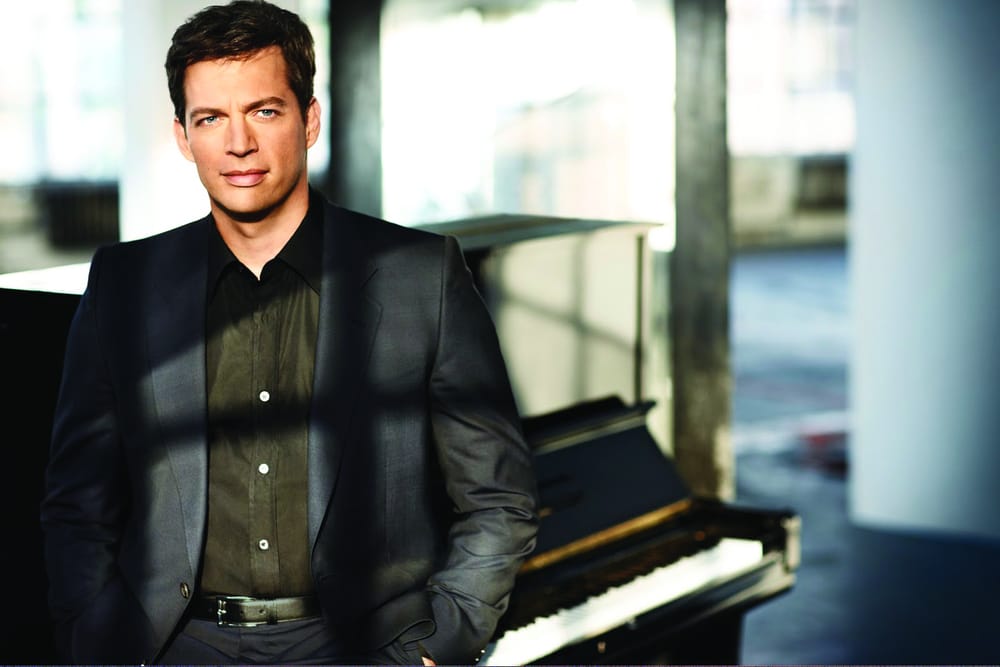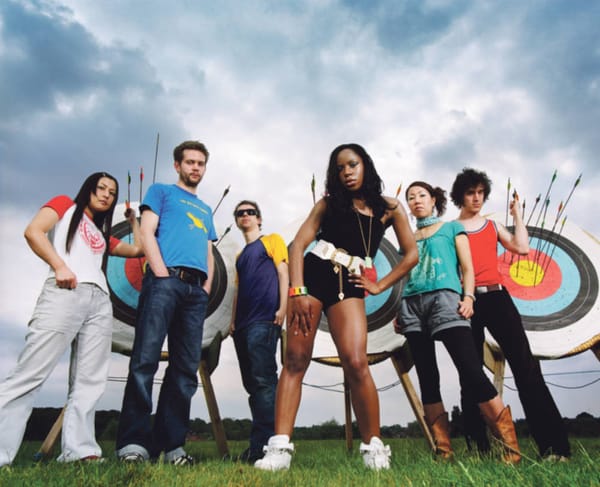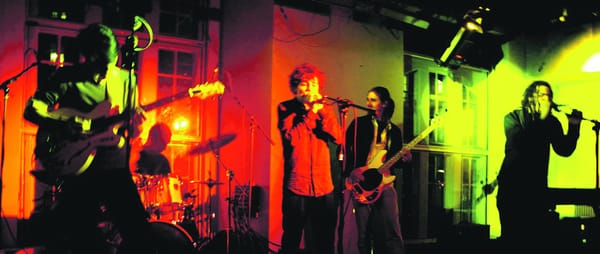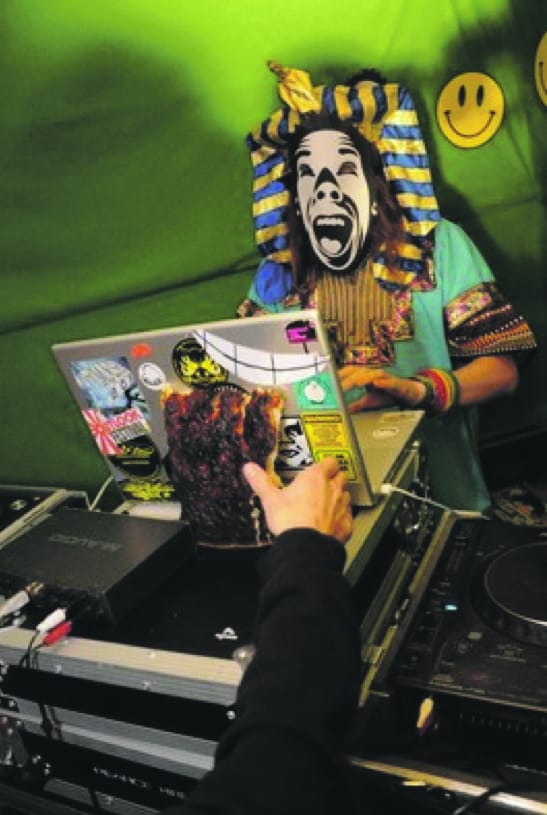New Orleans Jazz
Charles Betts on the addictive music of Harry Connick Jr.

New Orleans music is an addiction. Its diversity portrays every emotional state and as the legendary jazz musician Ellis Marsalis puts it, "at a time when individualism is becoming an endangered species, the sounds of the Bayou represent a celebration of the individual". Put simply, without it life would be emptier.
Harry Connick Jr. is arguably the city’s most famous living export, having obtained more number-one albums than any other artist in US jazz chart history. He has taken his native music across the globe, to the delight of audiences that stamp and cheer to the joyful noise. He has re-created the next-best thing to Mardi Gras at venues including the Royal Albert Hall in London, the Salle Pleyel in Paris, and on Broadway in New York.
His musical talents were developed at the New Orleans Center for Creative Arts and under the tutelage of Ellis Marsalis, the father of one of the most famous of New Orleans’ multigenerational jazz families. In 2010, the Marsalis Family released a live album entitled Music Redeems which was recorded at the John F. Kennedy Center for the Performing Arts in Washington, DC as part of the Duke Ellington Jazz Festival. With sons Branford on saxophones, Wynton on trumpet, Delfeayo on trombone, Jason on drums, poet Ellis III, and special guests Dr. Billy Taylor and Harry Connick Jr., the CD represents a celebration of all that is great about New Orleans.
Connick Jr. literally abuses the piano, beating it like a drum and smacking the keys with steely vigour
‘Music Redeems’ is also the motto of the New Orleans Musicians’ Village community, conceived in 2005 by Branford Marsalis and Harry Connick Jr. in partnership with New Orleans Habitat for Humanity. The community consists of 70 single-family homes, as well as 5 two-family homes for those who were displaced by Hurricane Katrina. In the core area of the Musicians’ Village is the Ellis Marsalis Center for Music, which is to provide an environment for the great musicians of New Orleans to pass on their skills to future generations, nurturing an appreciation of the past in order to secure a commitment for the future of a uniquely compelling culture. The message is that despite the damage inflicted by the storm, the foundation upon which the culture of New Orleans still rests is its music.
In 2010, Connick Jr. also made his first Broadway concert appearance in 20 years, alongside the great trombonist Lucien Barbarin in a show that went on for 2 weeks. In March this year, a DVD entitled ‘In Concert’ on Broadway will be released. I was fortunate enough to attend one of his earlier gigs in Europe last year, and the show is by far one of the most remarkable and enjoyable demonstrations of musicality and entertainment that I have ever had the privilege to see. Connick Jr. literally abuses the piano, beating it like a drum and smacking the keys with steely vigour. In between the New Orleans feet stomping tunes and whirlwind numbers, he offers the occasional respite by means of more mellow crooning. And that’s not forgetting the way that Barbarin makes the trombone roar, prattle, coo and scream.
Ellis Marsalis once pointed out that one can never know what one likes, only that one likes what one knows. In order to know what one likes, one has to know everything. However, I’m pretty sure that if we all listened to all of the World’s music, New Orleans’ street beats would be in our top 5. That the city is doing so well to preserve its music despite the environmental challenges it faces is remarkable, and testament to its importance in our lives. So, as they say, laissez les bons temps rouler.








